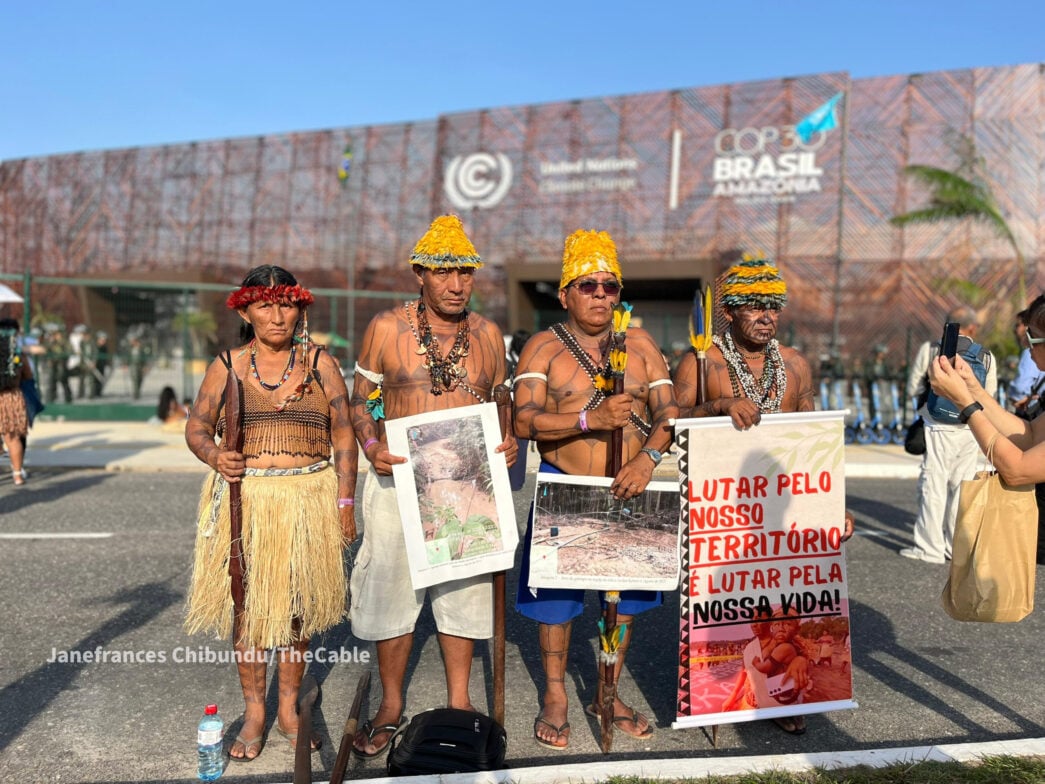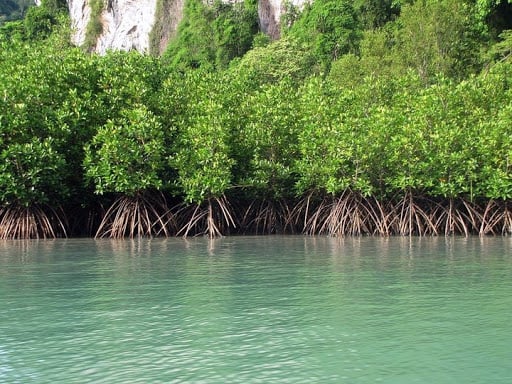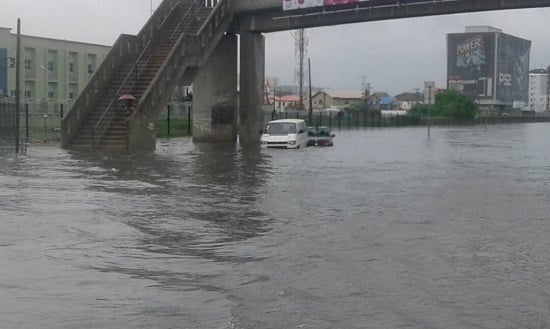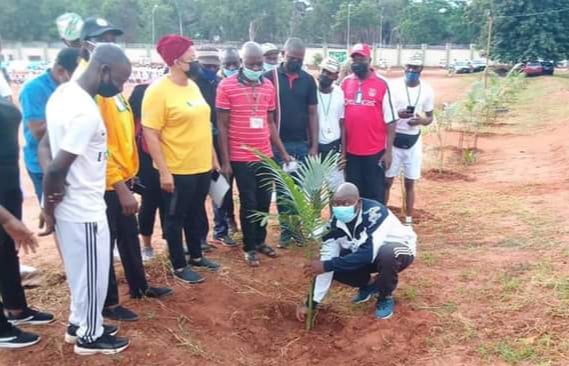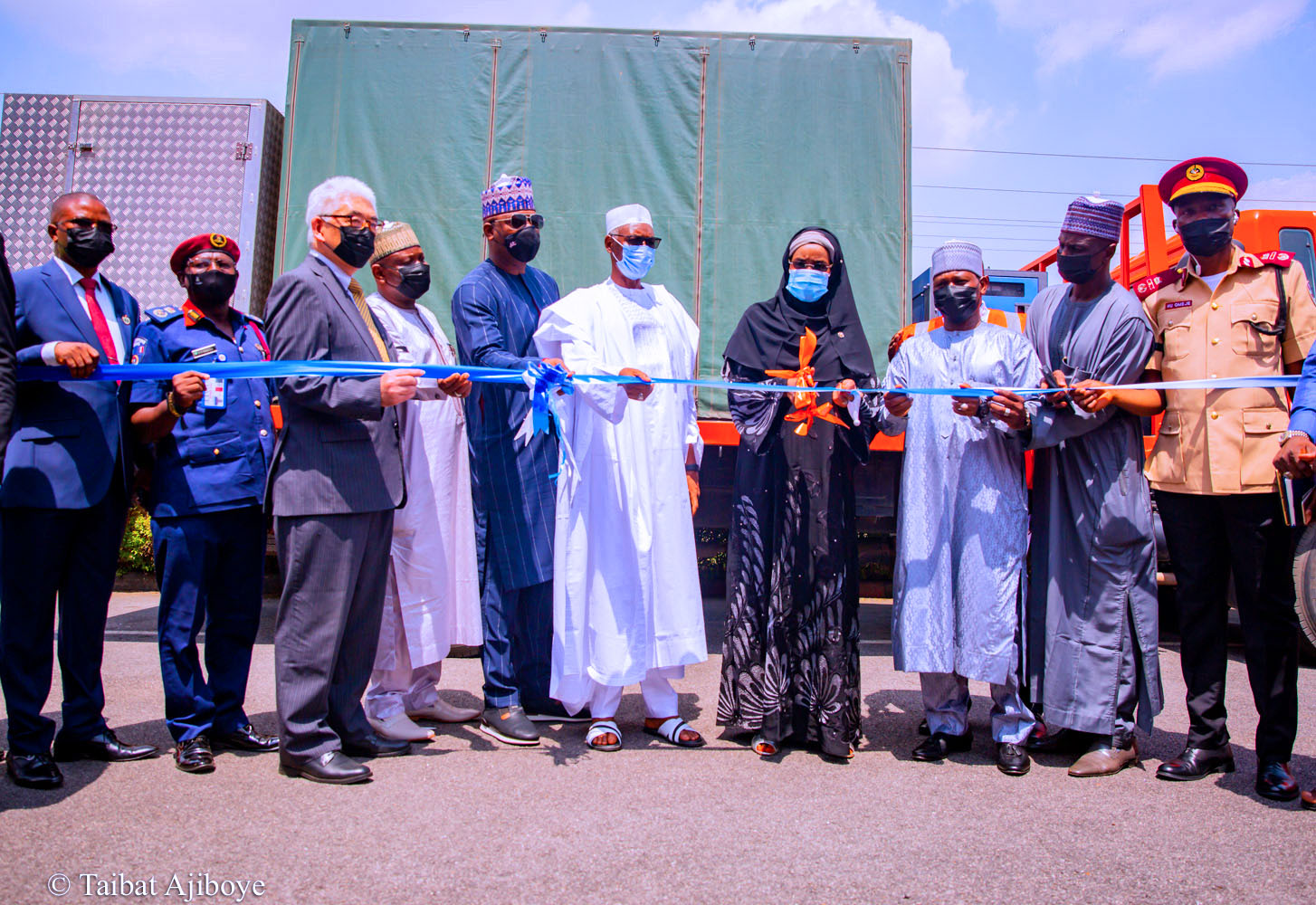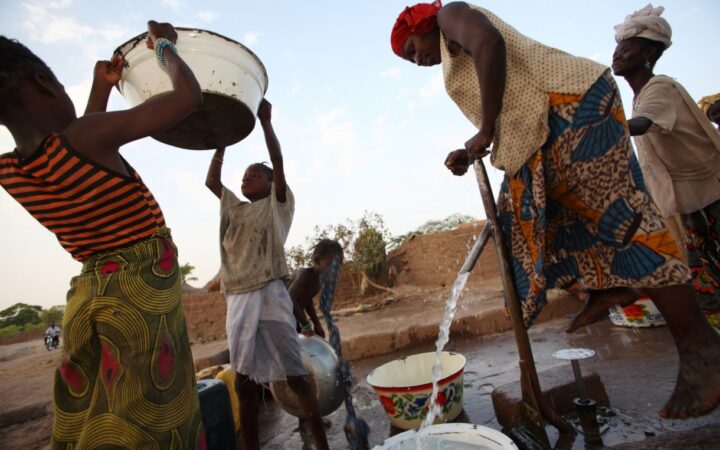Indigenous people of the Munduruku tribe on Friday staged a protest at the entrance of the Blue Zone at the ongoing COP30 climate summit in Belém, Brazil.
The group is demanding an emergency meeting with President Luiz Inácio Lula da Silva over what they describe as growing threats to their territory.
Coordinated by the Ipereg Ayu Movement, the protesters accused the Brazilian government of pushing ahead with major infrastructure projects in the Tapajós and Xingu basins without free, prior and informed consent, as required under ILO Convention 169.
The group said projects linked to agribusiness, waterways and commodity transport corridors are expanding rapidly across the Amazon, undermining their livelihoods and exposing communities to pollution, land conflicts and cultural loss.
Advertisement
At the centre of their demands is the repeal of Decree 12,600/2025, which created the National Waterways Plan and designated the Tapajós, Madeira and Tocantins rivers as priority cargo routes.
The Munduruku say the decree will accelerate dredging, destroy sacred rock formations, and expand private port operations along the rivers.
“This decree threatens to wipe out our way of life because it turns the river into a soy highway,” a Munduruku leader told journalists.
Advertisement
“President Lula, you need to hear our people before deciding our future.”
The protesters also called for the cancellation of the Ferrogrão railway (EF-170), a long-planned agribusiness corridor that would link Mato Grosso to Miritituba, Pará.
According to them, the railway could increase grain transport along the Tapajós River sixfold by 2049 — a scale the group says would intensify dredging, expand soy cultivation toward Indigenous borders and increase contamination of rivers and fish with pesticides.
The group noted that communities have reported falling fish stocks, polluted water and restricted mobility as ports and barges expand along the Tapajós and Teles Pires rivers as a result of the projects, adding that recent emergency dredging, carried out without consultation, allegedly mobilised contaminated sediments and affected streams used by villages.
Advertisement
“All of this is happening without the State listening to us,” another leader said.
“They want to destroy the riverbed and blow up our sacred rocks to send soy overseas. We are the ones who live here — not the companies.”
The movement also demanded acceleration of stalled indigenous land demarcation processes and blamed the federal government for rising conflicts linked to soy expansion.
“President Lula, we are here because we want you to listen. We will not be sacrificed for agribusiness,” another porotester said.
Advertisement
“Repeal Decree 12,600. Cancel Ferrogrão. Demarcate our lands. No carbon credits — our forest is not for sale. We protect the climate.”
There is a heavy security presence at the COP30 venue to prevent the protest from escalating.
Advertisement
On Tuesday night, a group of Indigenous demonstrators forced their way into one of the summit buildings, leaving at least three security officers injured.
See photos below.
Advertisement
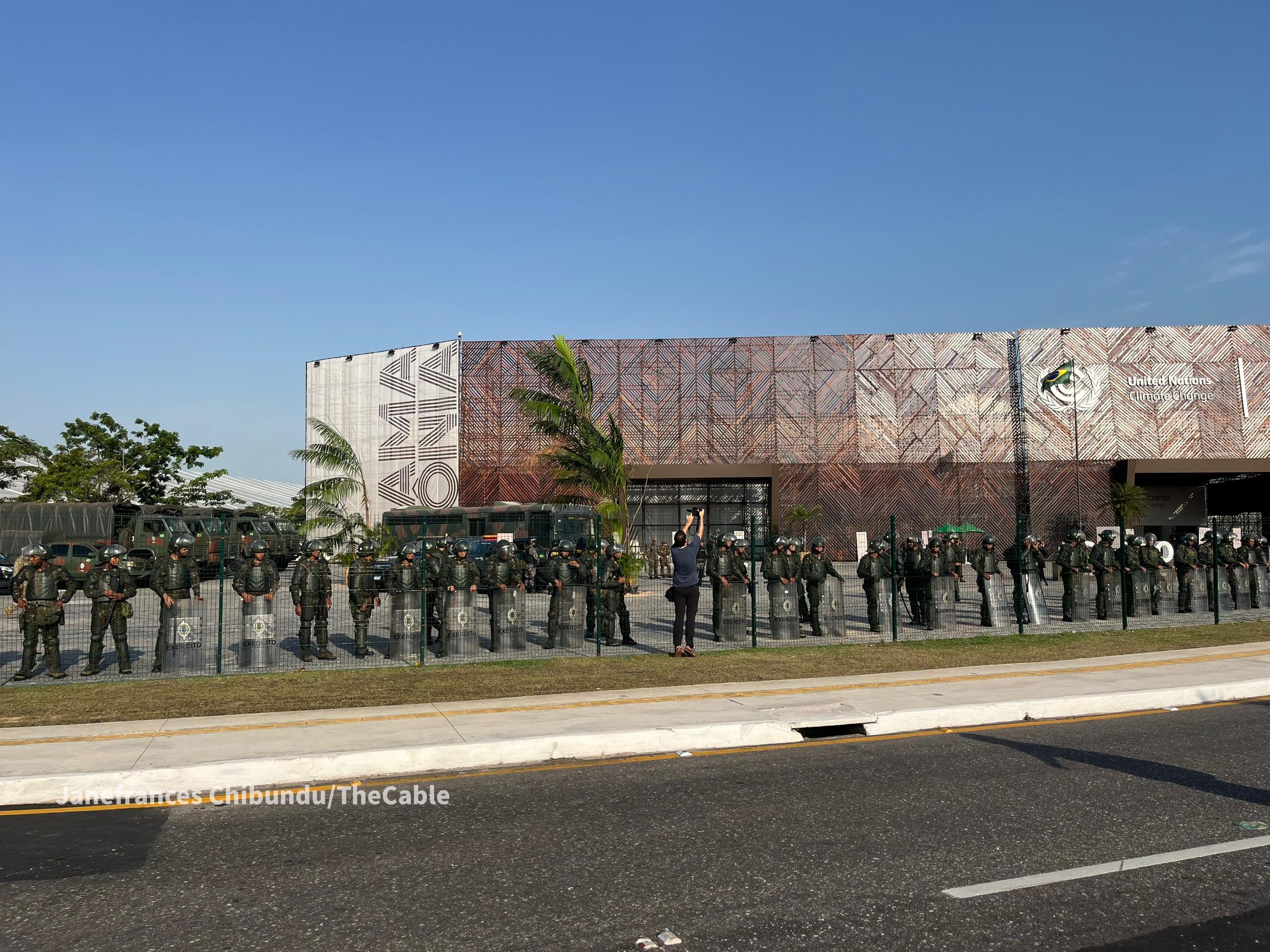
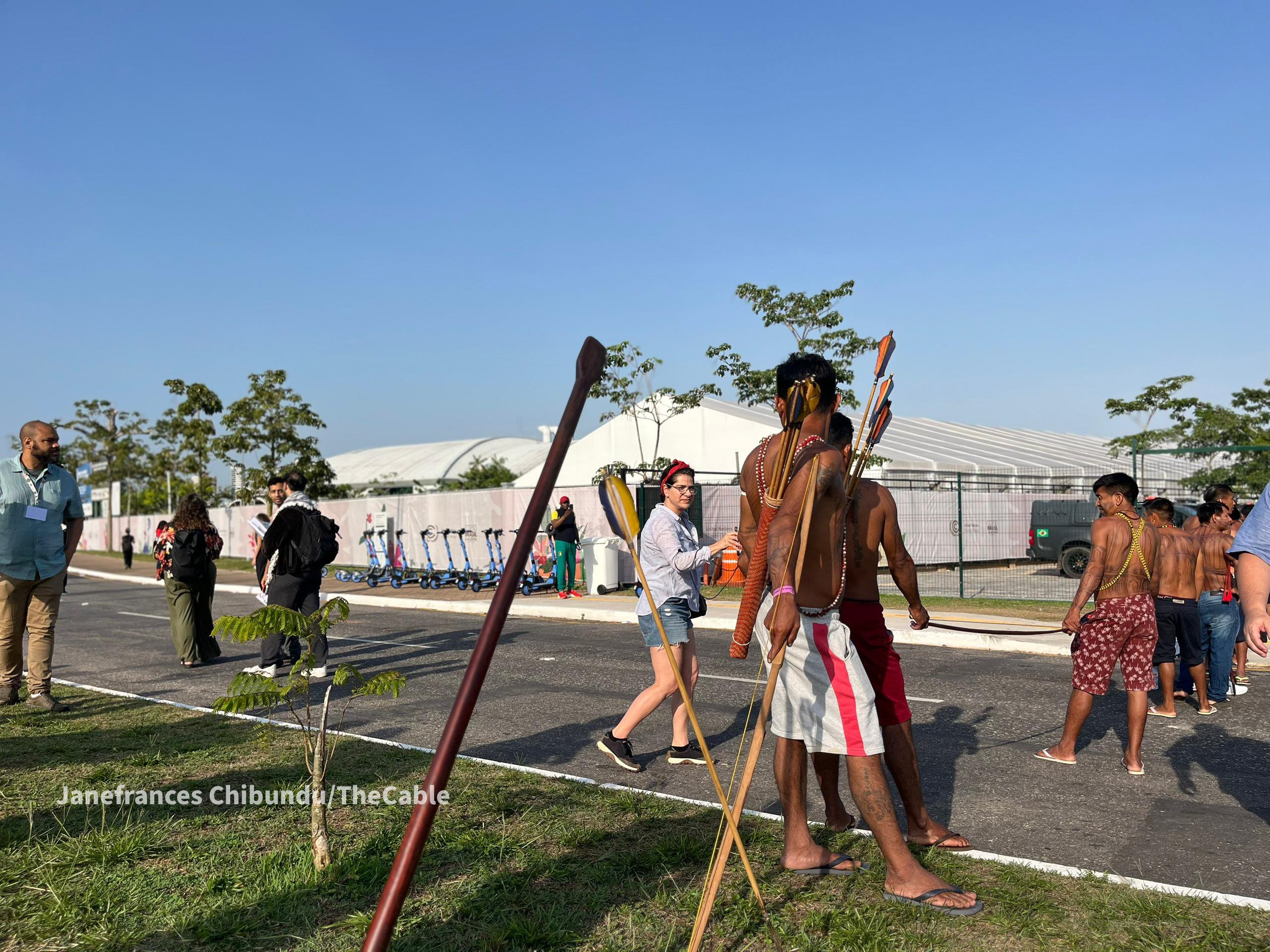
Advertisement
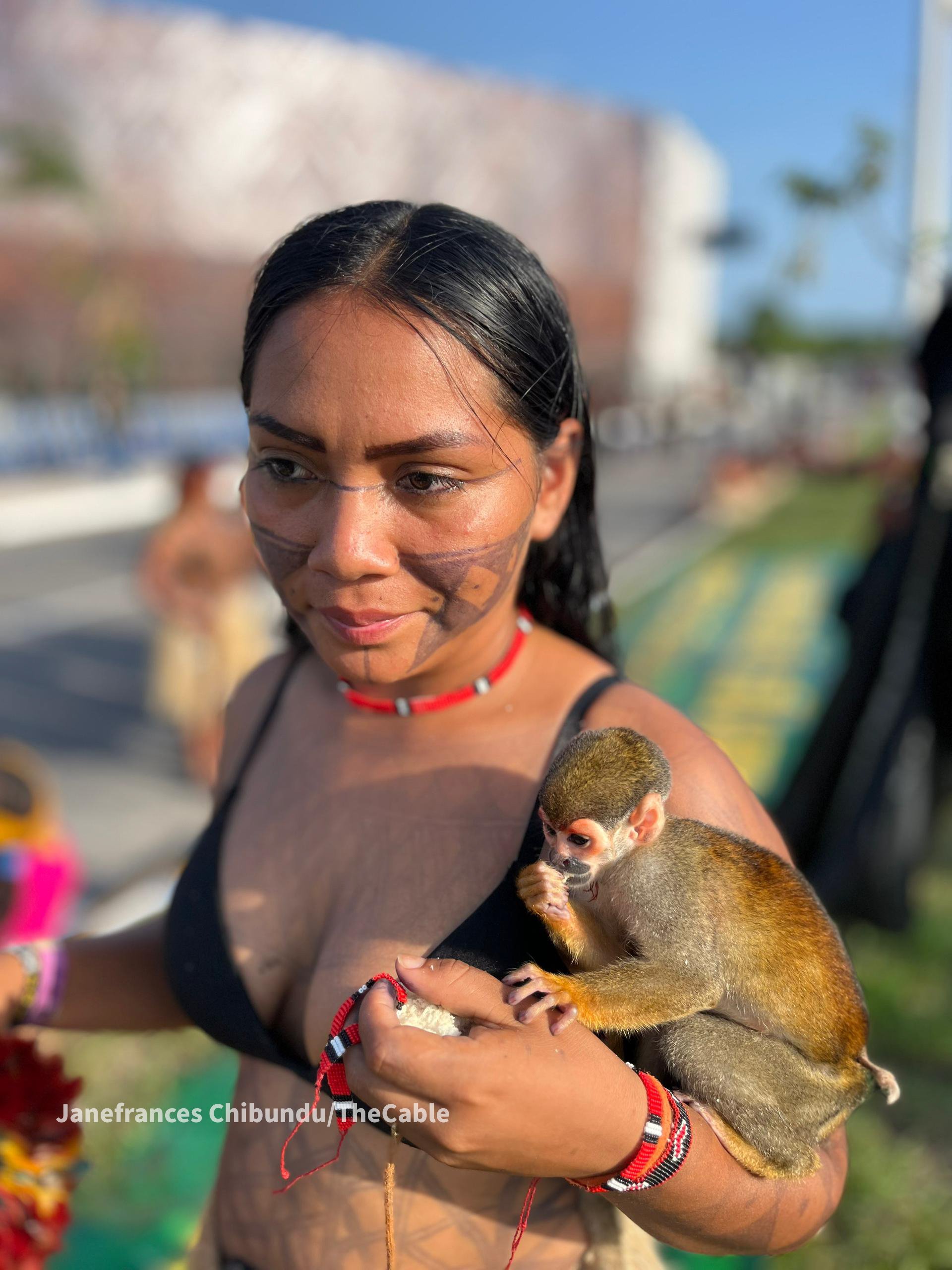
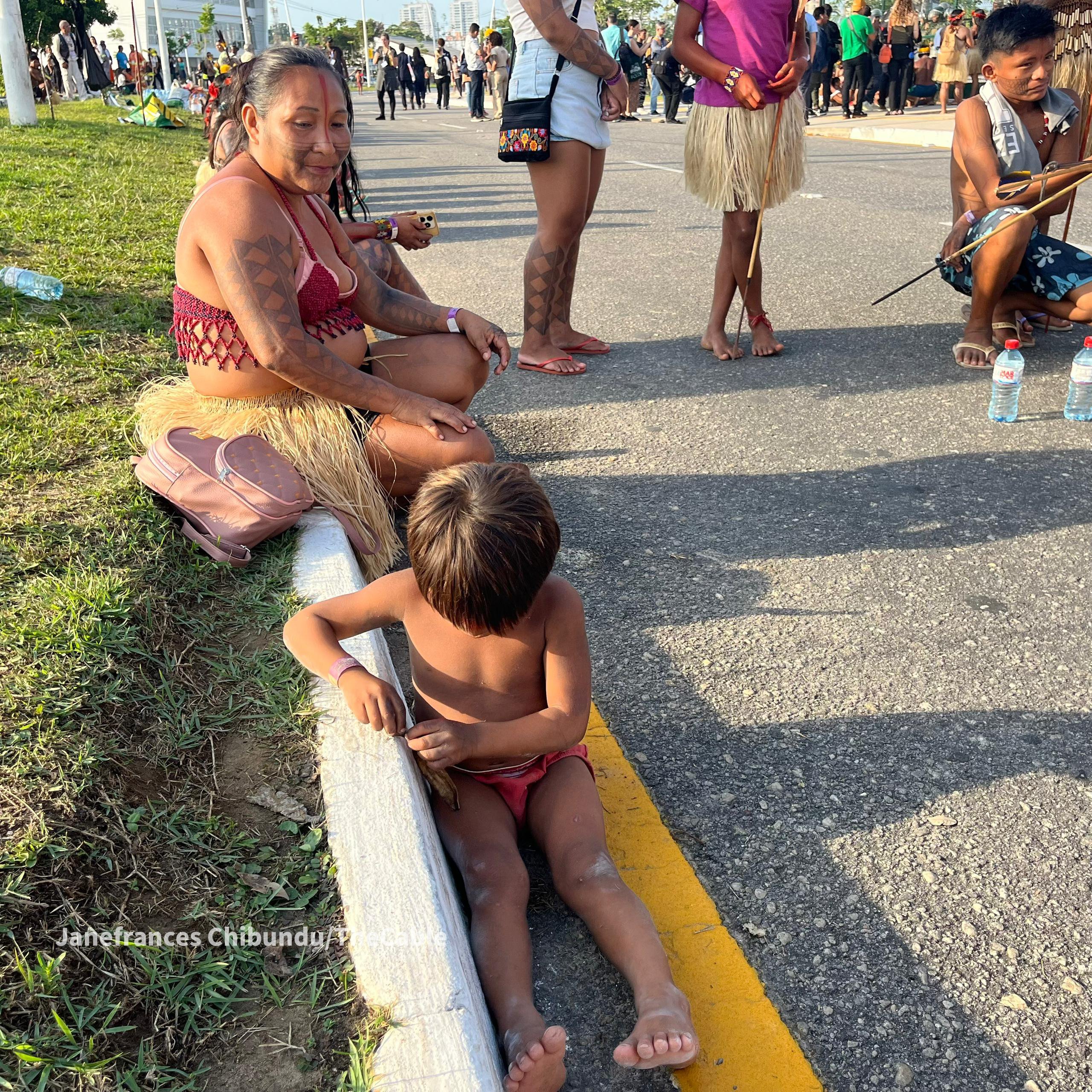
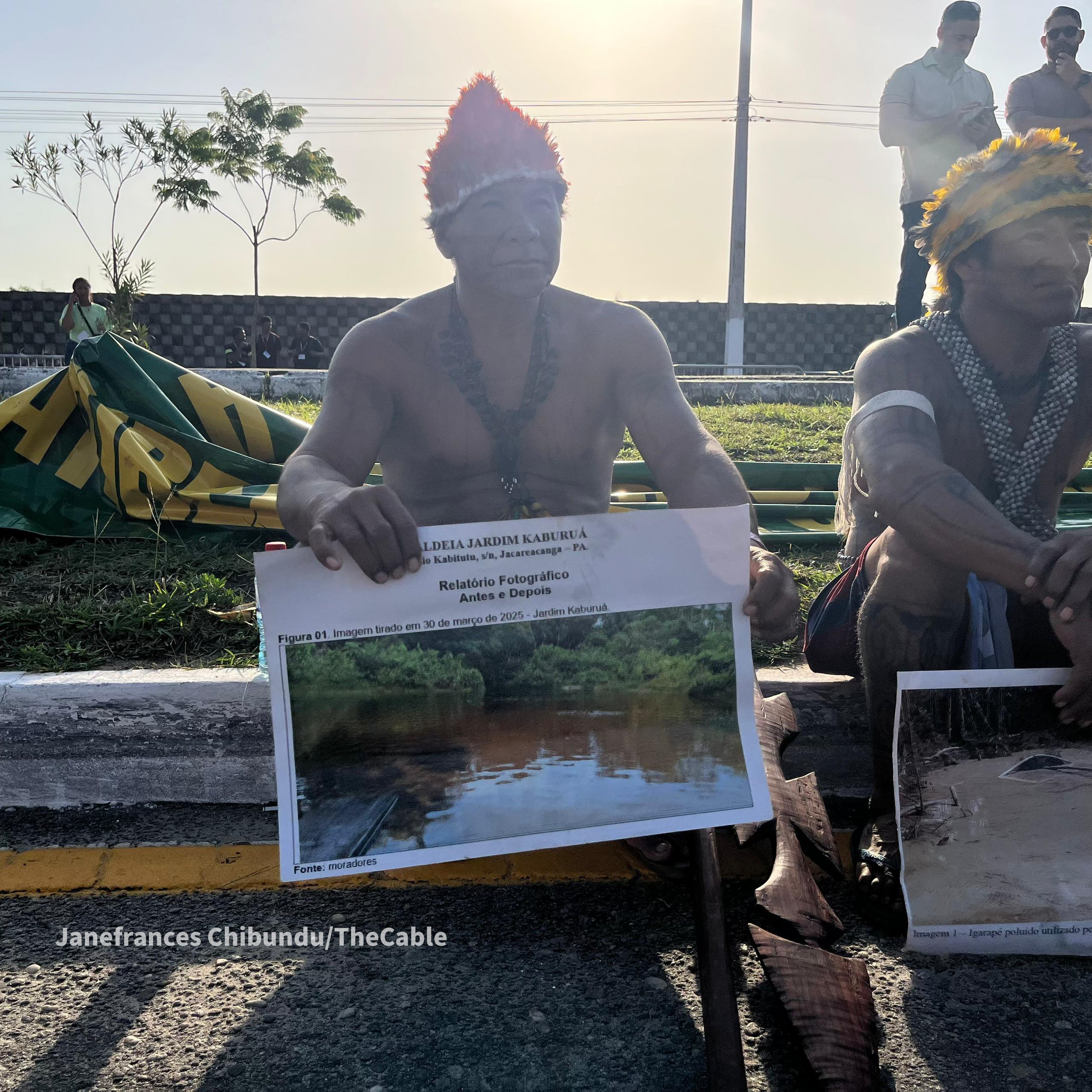
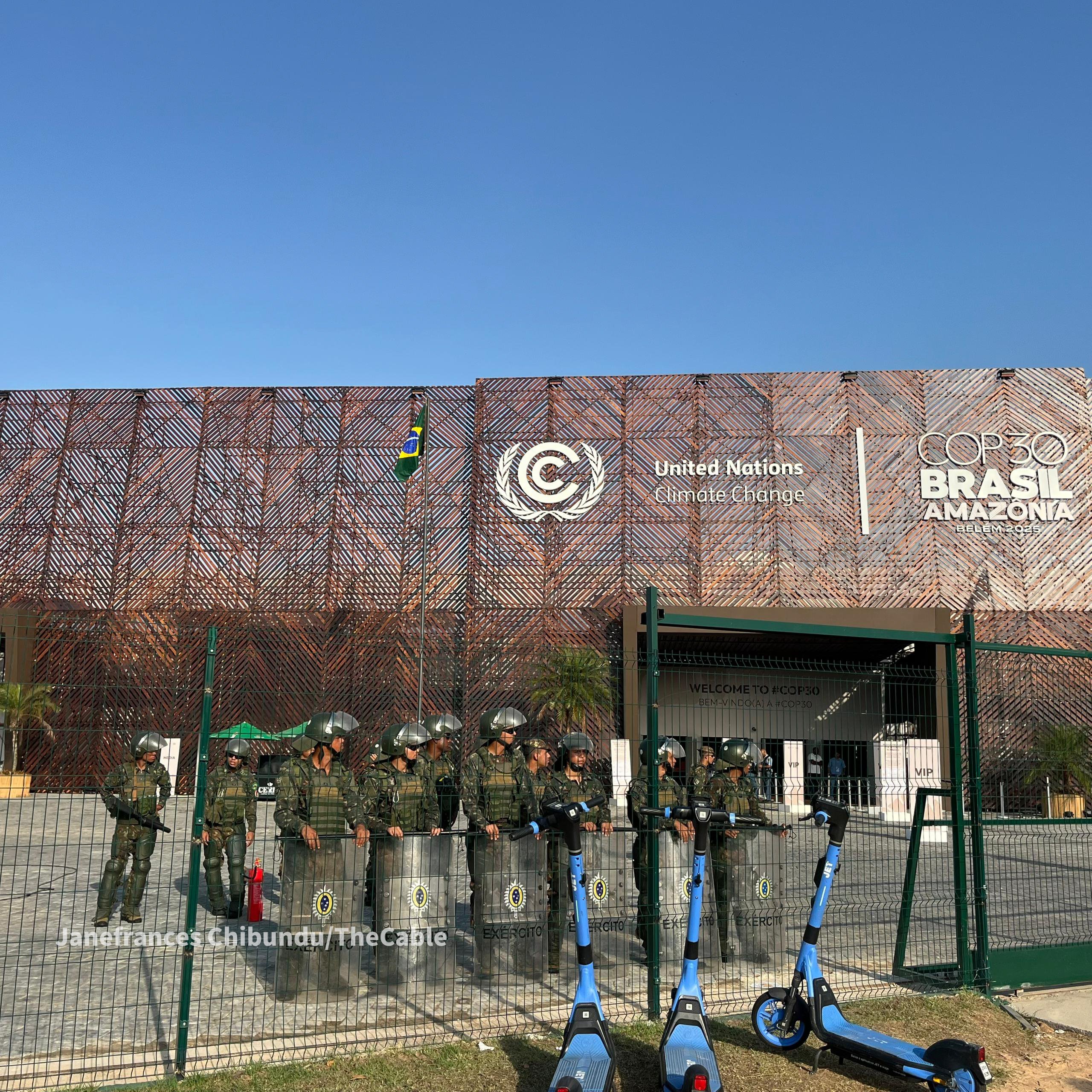
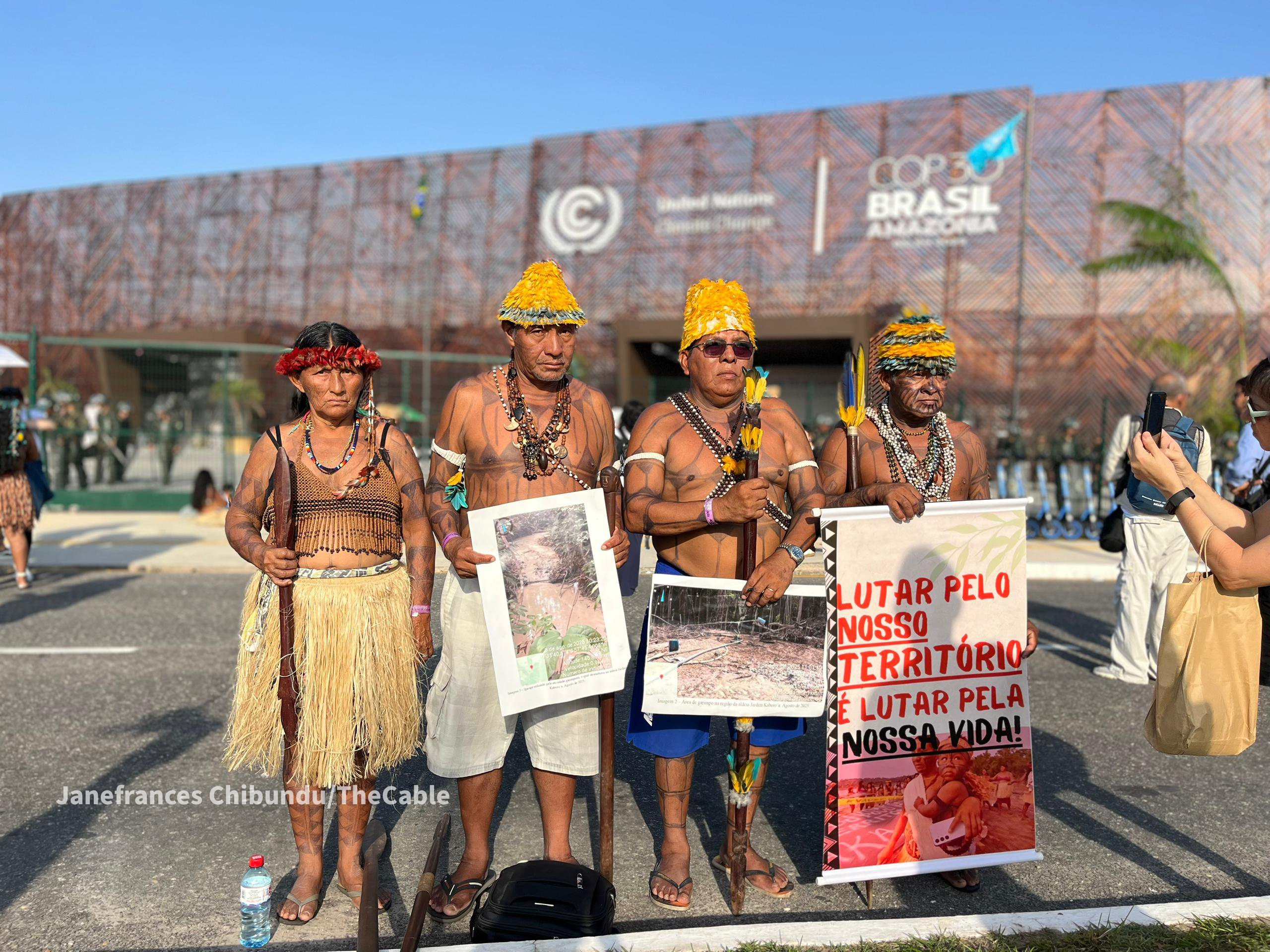
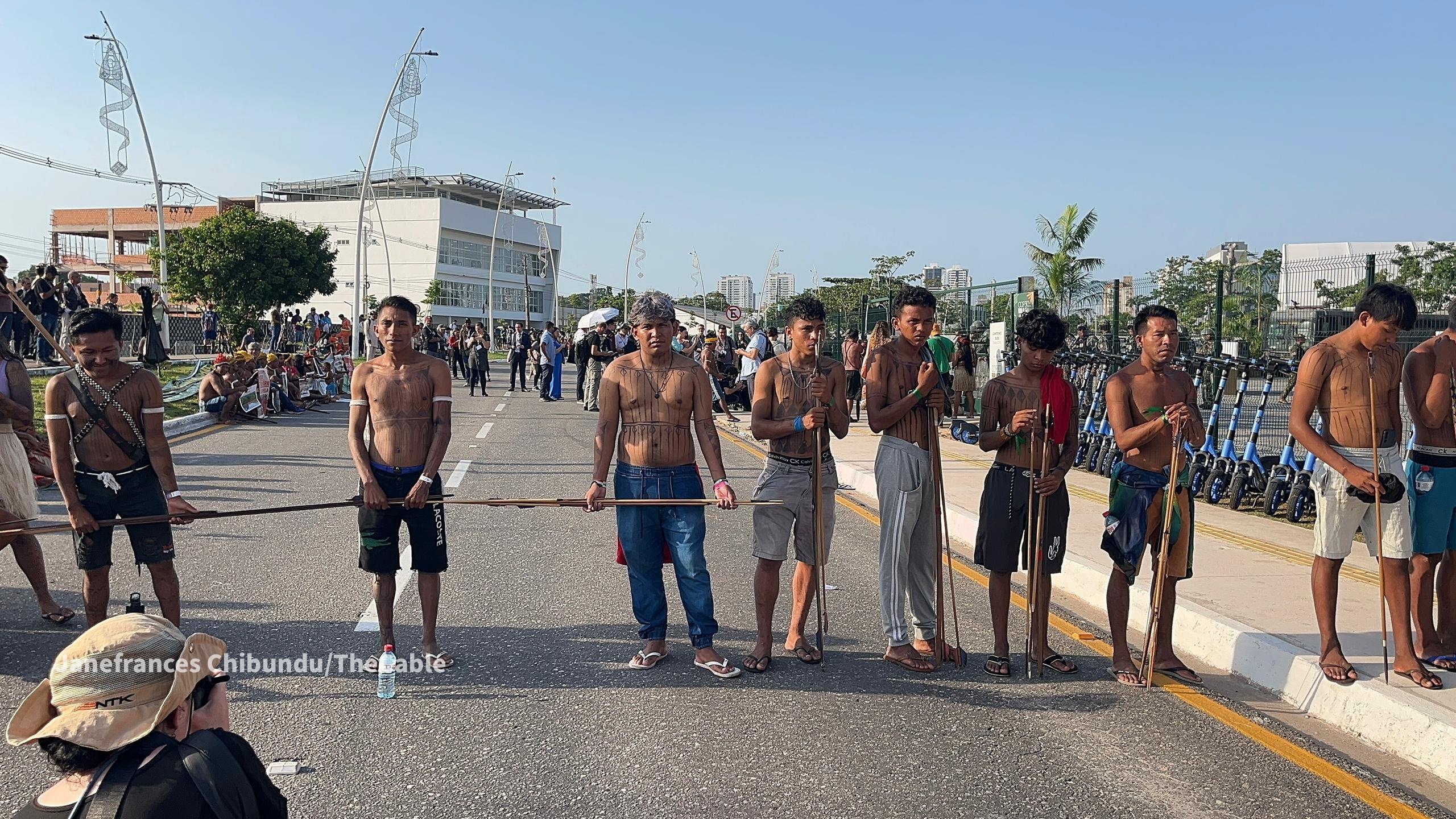
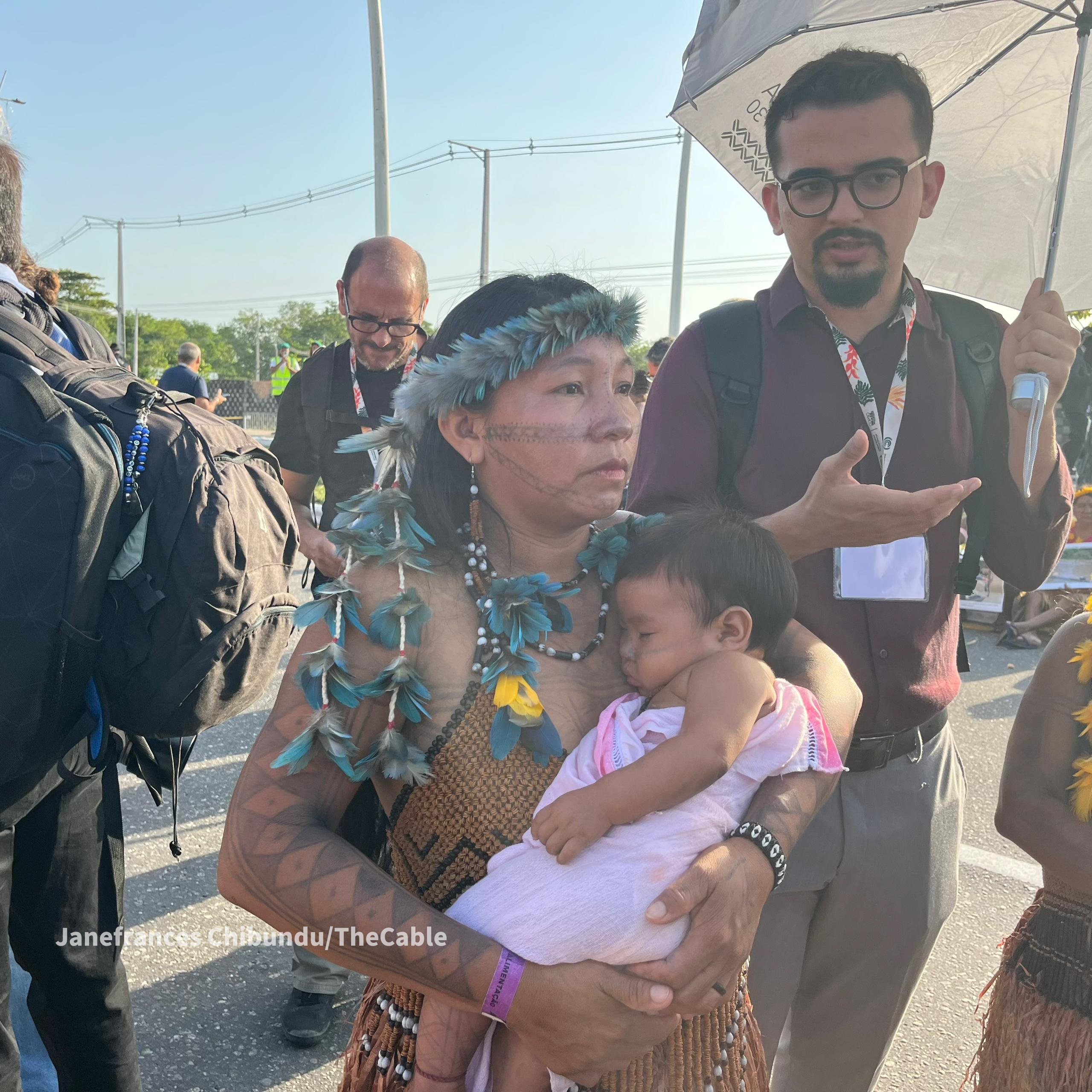
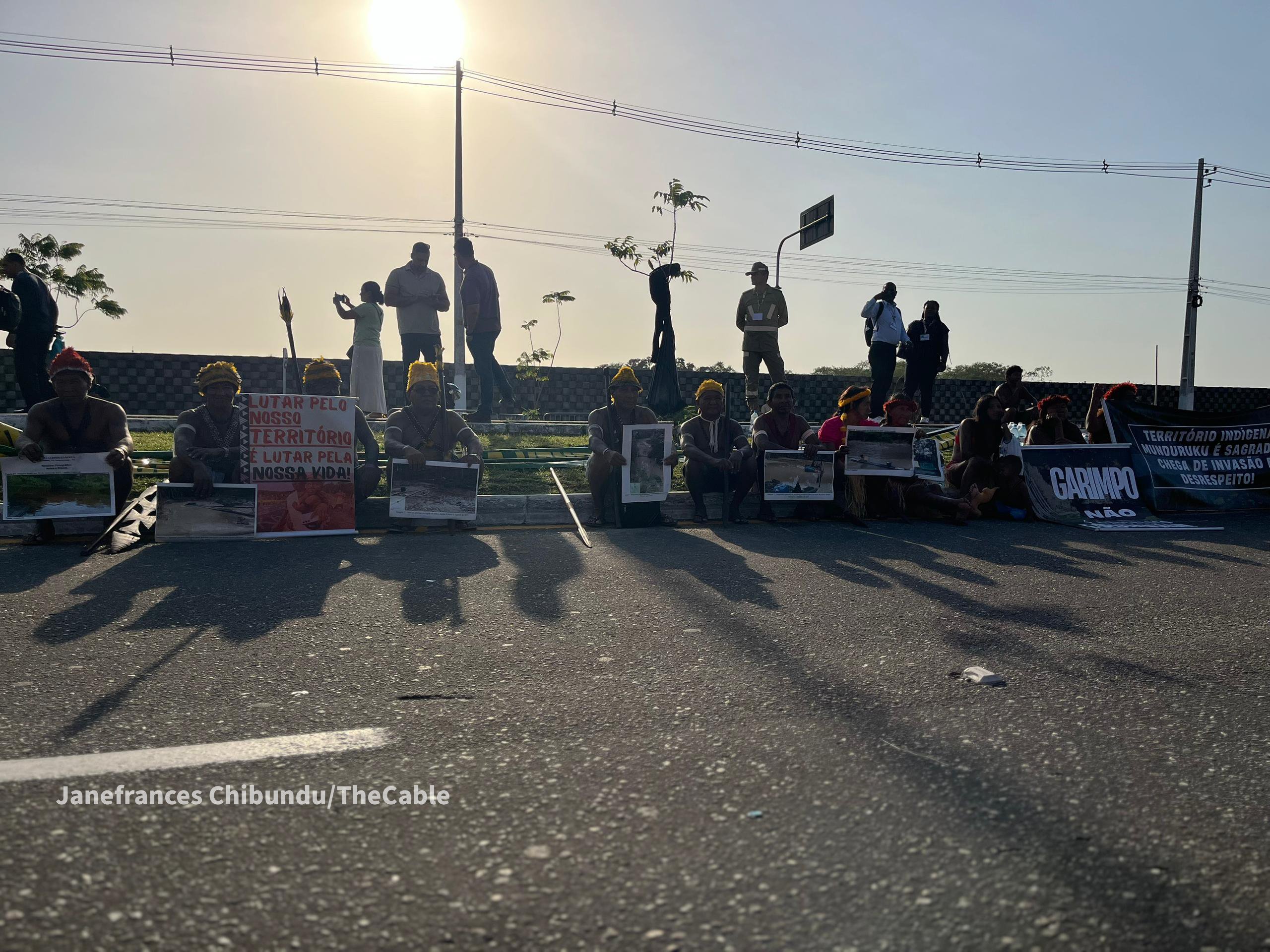
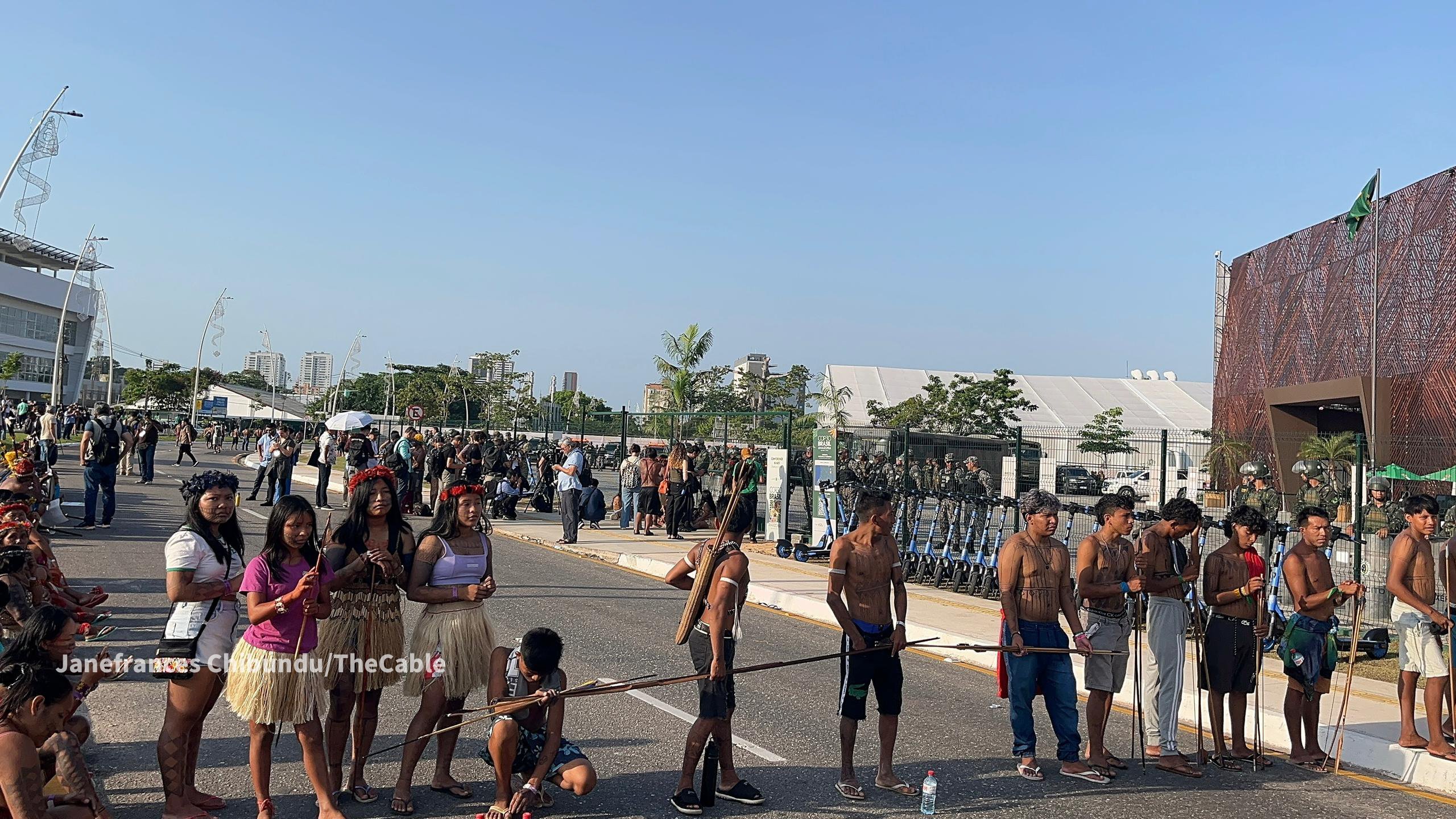
This report was produced with support from Sahara Group and the Kaduna state government
